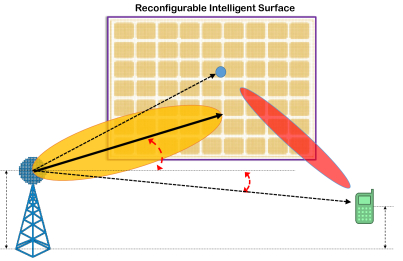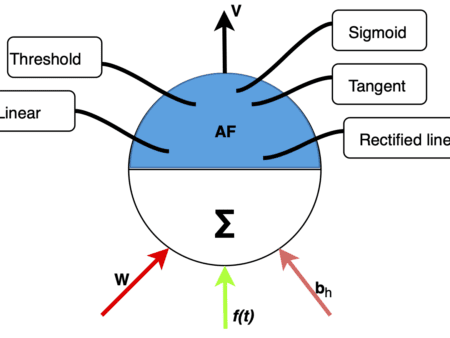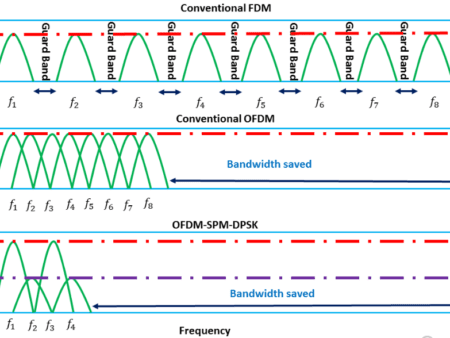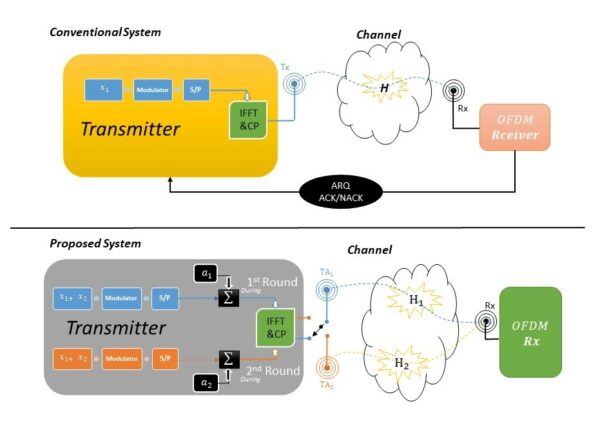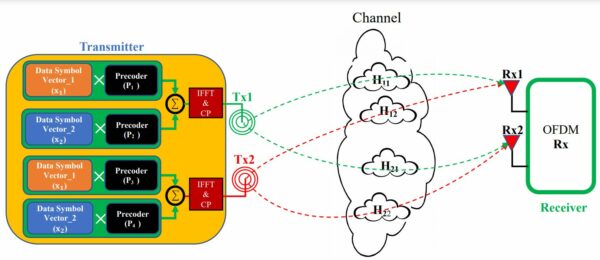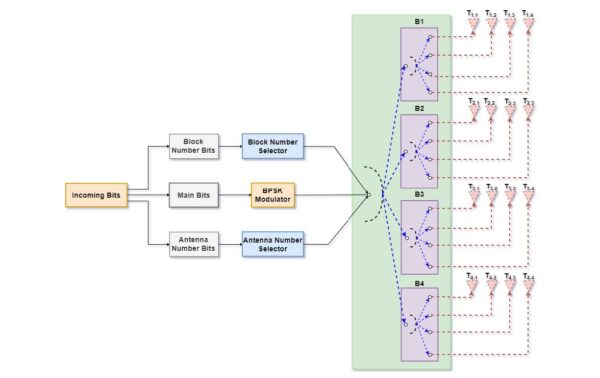Description
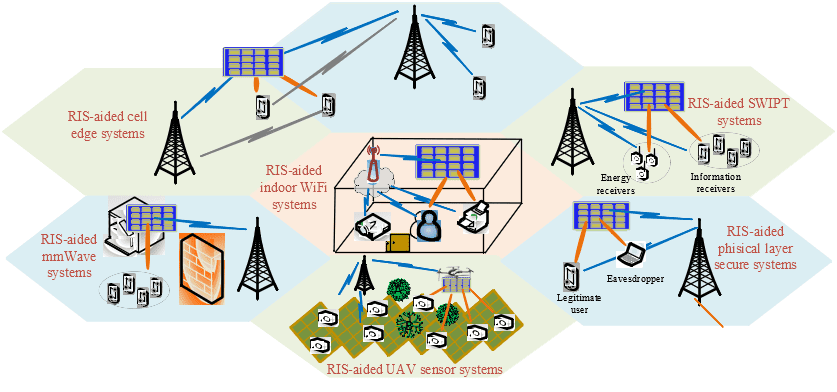
Reconfigurable intelligent surfaces (RIS) or intelligent reflecting surfaces (IRSs) are regarded as one of the most promising and revolutionized techniques for enhancing the spectrum and/or energy efficiency of wireless systems. They are capable of reconfiguring the wireless propagation environment by carefully tuning the phase shifts of a large number of low-cost passive reflecting elements. In a typical scenario envisioned for their operation, the optimal reflection coefficients of the RIS are calculated at the BS, and then sent to the RIS’s controller through a dedicated feedback link. The design of the reflection coefficients depends on the channel state information (CSI), which is only updated when the CSI changes, on a much longer time scale than the data symbol duration. Hence, low-rate information exchange is sufficient for the dedicated control link, which can be implemented using low-cost copper lines or simple cost-efficient wireless transceivers.
The Consultation package includes having direct zoom calls with one of our experts on the topic of Reconfigurable intelligent surfaces (RIS).
The expert will explain to you how to generate novel ideas on the topic of Reconfigurable intelligent surfaces (RIS) and how to implement these ideas using MATLAB or Python and then publish them as full journal articles or conference research papers.
The consultation service covers ideas related to but not limited to the following topics:
- Modeling of RIS
- Comparing RIS vs Relaying
- Comparing RIS vs Massive MIMO
- Mobile Propagation Model of RIS
- Channel Estimation of RIS
- Other related topics to RIS
Reconfigurable intelligent surfaces (RIS) or intelligent reflecting surfaces (IRSs) are regarded as one of the most promising and revolutionized techniques for enhancing the spectrum and/or energy efficiency of wireless systems. They are capable of reconfiguring the wireless propagation environment by carefully tuning the phase shifts of a large number of low-cost passive reflecting elements. In a typical scenario envisioned for their operation, the optimal reflection coefficients of the RIS are calculated at the BS, and then sent to the RIS’s controller through a dedicated feedback link. The design of the reflection coefficients depends on the channel state information (CSI), which is only updated when the CSI changes, on a much longer time scale than the data symbol duration. Hence, low-rate information exchange is sufficient for the dedicated control link, which can be implemented using low-cost copper lines or simple cost-efficient wireless transceivers.
The Consultation package includes having direct zoom calls with one of our experts on the topic of Reconfigurable intelligent surfaces (RIS).
The expert will explain to you how to generate novel ideas on the topic of Reconfigurable intelligent surfaces (RIS) and how to implement these ideas using MATLAB or Python and then publish them as full journal articles or conference research papers.
The consultation service covers ideas related to but not limited to the following topics:
- Modeling of RIS
- Comparing RIS vs Relaying
- Comparing RIS vs Massive MIMO
- Mobile Propagation Model of RIS
- Channel Estimation of RIS
- Other related topics to RIS
Reconfigurable intelligent surfaces (RIS) or intelligent reflecting surfaces (IRSs) are regarded as one of the most promising and revolutionized techniques for enhancing the spectrum and/or energy efficiency of wireless systems. They are capable of reconfiguring the wireless propagation environment by carefully tuning the phase shifts of a large number of low-cost passive reflecting elements. In a typical scenario envisioned for their operation, the optimal reflection coefficients of the RIS are calculated at the BS, and then sent to the RIS’s controller through a dedicated feedback link. The design of the reflection coefficients depends on the channel state information (CSI), which is only updated when the CSI changes, on a much longer time scale than the data symbol duration. Hence, low-rate information exchange is sufficient for the dedicated control link, which can be implemented using low-cost copper lines or simple cost-efficient wireless transceivers.
The Consultation package includes having direct zoom calls with one of our experts on the topic of Reconfigurable intelligent surfaces (RIS).
The expert will explain to you how to generate novel ideas on the topic of Reconfigurable intelligent surfaces (RIS) and how to implement these ideas using MATLAB or Python and then publish them as full journal articles or conference research papers.
The consultation service covers ideas related to but not limited to the following topics:
- Modeling of RIS
- Comparing RIS vs Relaying
- Comparing RIS vs Massive MIMO
- Mobile Propagation Model of RIS
- Channel Estimation of RIS
- Other related topics to RIS
